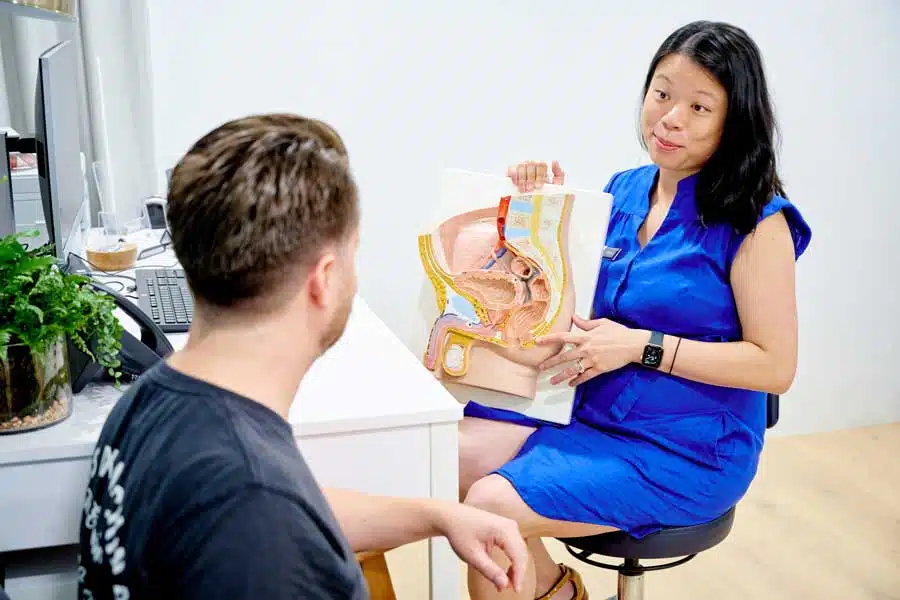Bed wetting, also known as nocturnal enuresis, is when the bladder empties involuntarily during sleep in a child over the age of 5. I thought I would use this opportunity to do some MYTH BUSTING around bed wetting and kids continence in general.
MYTH 1: My Child is Just too Lazy to get up to go to the Toilet
Bed wetting isn’t caused by a child being too lazy to take themselves to the toilet. It is not due to bad behaviour or rebelliousness. It is often a complex condition which can cause distress for both the child and the family.
The most common causes of bedwetting are:
- A child being in a very deep sleep and unable to wake up to the sensation of a full bladder
- Overactivity in the bladder at night
- Increased amount of urine made at night by the kidneys
- Constipation
MYTH 2: Restricting Fluids will Help to Stop Bedwetting
Restricting fluids seems like the right thing to do, however, it is actually the exact opposite of what will help your child with their bedwetting. In fact, increasing the child’s fluid intake is important to tackle bed wetting. The reason that increasing fluid intake helps is because it:
- Helps to address any underlying constipation
- It stretches their bladder
- It gives them the feeling of needing to go to the toilet more often and they will start to be more attune to the feeling at night time
- Fluids keeps them well hydrated so that their kidneys don’t need to produce so much urine over night
Often children don’t drink much in the morning before they go to school or during school hours. This means that by the afternoon they drink more, and the bulk of their fluid intake happens in the afternoon and evening. The key to increasing overall fluid intake is to spread their drinks out equally across the day and avoid fluid loading in the afternoon and evening.
MYTH 3: I Should Take my Child to the Toilet Before I go to Sleep to Avoid Them Wetting Their Bed
This strategy might work now and then however it is not the cure to bedwetting. Unfortunately by taking your child to the toilet you are not helping them. You may be causing the child to emptying their bladder prematurely, that is, before it is full. The bladder will not learn to “stretch” to larger volumes overnight. You are also taking away the opportunity for the child to sense that their bladder is full by themselves, which means that they will not wake to their full bladder on their own later in the night.
Hopefully you now have a better understanding of what is NOT likely to be effective in treating bedwetting. One of the questions we often get asked is “When do we need to seek professional help for this problem?”
When Should I Seek Help for my Child?
The biggest reason to seek help is if the bed wetting is bothering your child, making them feel angry or upset, or if they express that they want to become dry at night. Most children who are not dry by the age of 7 or 8 should receive treatment as the problem may not resolve by itself. Another reason to seek help is if your child was dry at night but then suddenly starts wetting the bed at night frequently.
If you have concerns about bedwetting, or your child’s continence in general, please come in and see our Kids Continence Pelvic Physios Bronwyn and Kathy for a thorough assessment and treatment plan.

